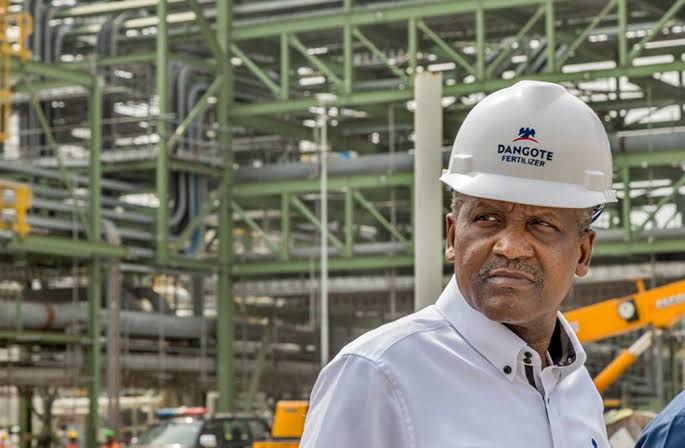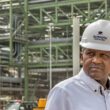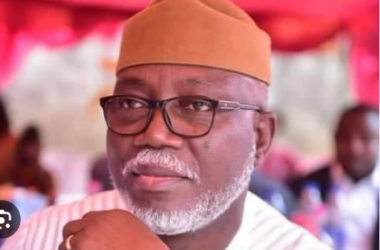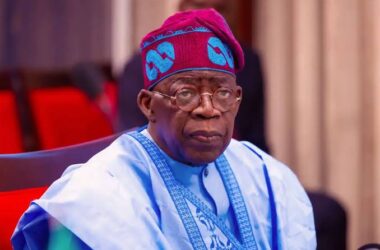The Nigerian National Petroleum Company Limited (NNPCL) has announced that it has supplied 30 million barrels of crude oil to the Dangote Refinery, with plans to deliver an additional 17 million barrels in the coming months.
This update was revealed by Adedapo Segun, the Executive Vice President of NNPCL Downstream, during an interview on Arise Television on Thursday.
Segun detailed the supply schedule, stating that NNPCL would deliver 6.3 million barrels in September and 11.3 million barrels in October. He emphasized that the crude oil supply to Dangote is part of the Nigerian government’s strategy to support local refineries by providing them with crude oil directly.
“We have supplied about 30 million barrels to Dangote so far—6.3 million this month, and we will supply 11.3 million in October,” Segun stated. He also mentioned that the 6.3 million barrels for September would be delivered in seven cargoes.
Segun expressed concern about the current pump prices in the country, noting that they do not reflect the true market conditions. He pointed out that NNPCL remains the sole importer of Premium Motor Spirit (PMS), a situation he described as “abnormal” and one that ideally should be driven by market forces rather than any single entity.
“The pump price today is not reflective of the market. NNPCL is the sole importer of Premium Motor Spirit (PMS) in the country, which is abnormal. We should be moving towards a situation where the free market determines prices,” he said.
Segun clarified that NNPCL did not choose to be the sole importer but had stepped in when other market participants reduced their involvement. “Let me put it into proper perspective. NNPC is not a regulator. We didn’t choose to be the sole importer. We don’t determine who participates in the market. We stepped in when others reduced their participation. It is not about us wanting to be monopolists,” he stated.
To achieve stable fuel supply and prices, Segun suggested that ideal market conditions, including increased foreign exchange liquidity, are necessary. He hinted that broader economic reforms could help address the ongoing issues in the fuel market.










